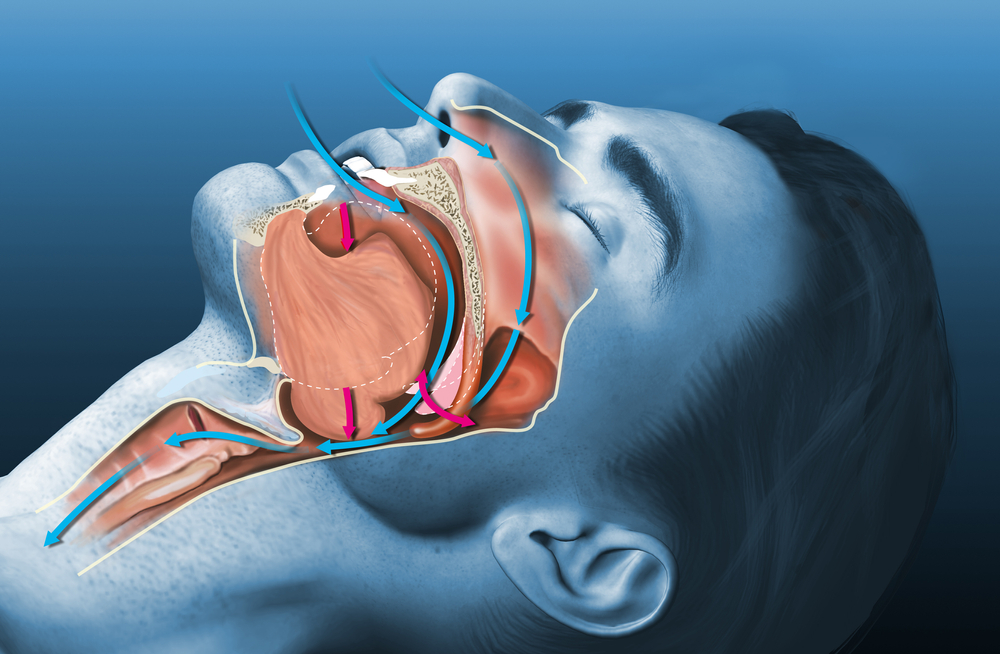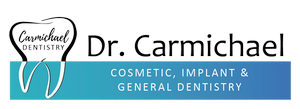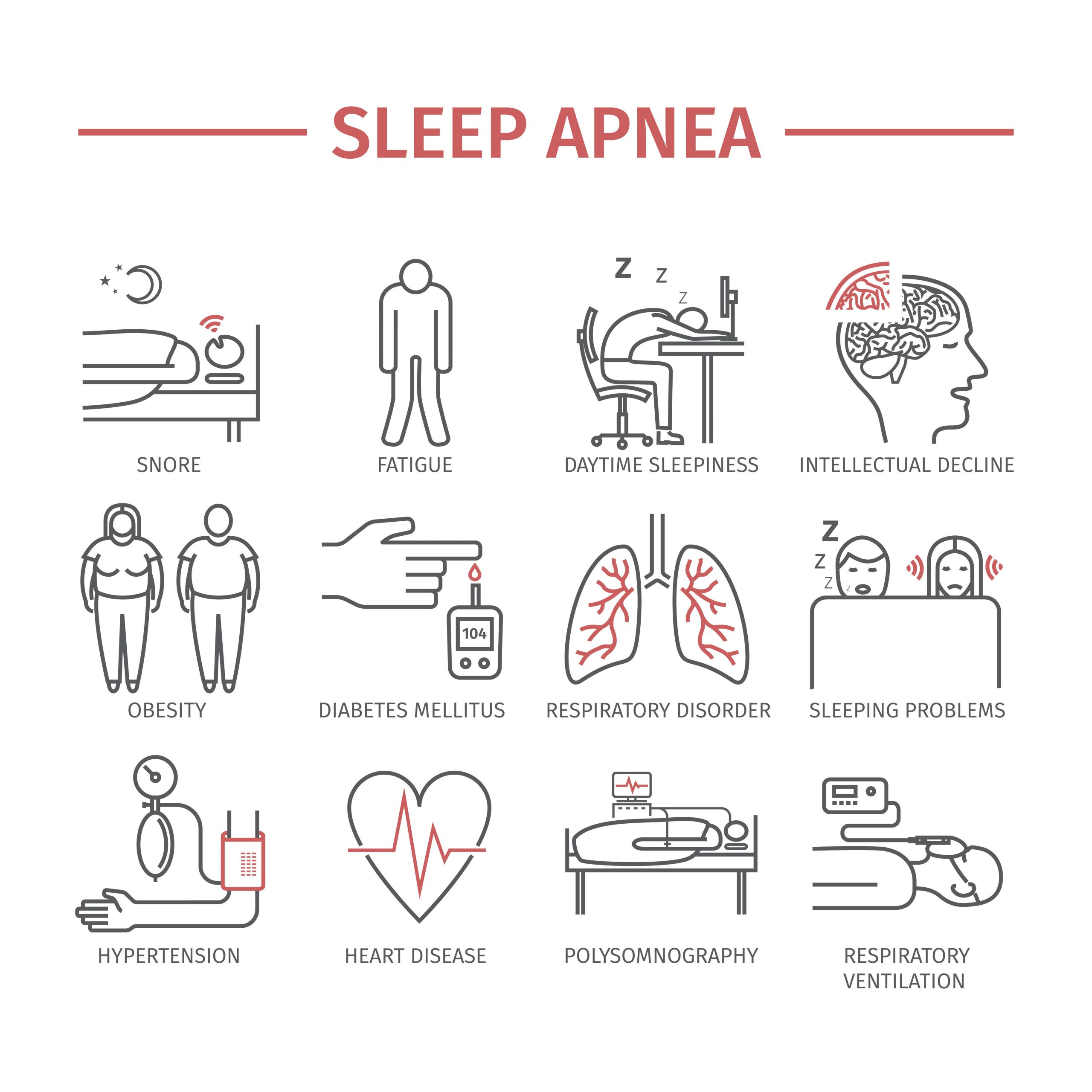Sleep Apnea, Its Symptoms, and Treatment

Do you find yourself feeling tired and groggy the day after what seems to be a whole night of rest? Or maybe you struggle with insomnia and can’t seem to get enough sleep day after day. Either way, you have a problem on your hand, inadequate sleep. In our latest blog, we go over sleep apnea, its symptoms, and treatment.
What is sleep apnea?
Sleep apnea is a sleep disorder in which the person who suffers from it experiences a lapse in breathing while sleeping. There are three types of sleep apnea: Obstructive, Central, and Complex. Obstructive sleep apnea is the most common form of sleep apnea. It occurs when your throat muscles relax and restrict airflow. Central sleep apnea occurs when your brain fails to release the proper signals to your muscles that allow breathing. Complex sleep apnea syndrome is, as indicated by its name, complex. It is a form of sleep apnea that occurs when someone has both obstructive and central sleep apnea.
Who is sleep apnea likely to affect?
Sleep apnea affects a wide array of individuals of all ages, genders, and races. However, according to experts at the Cleveland Clinic, men are 15% more likely to experience sleep apnea than women. Additionally, it has also been found that people over 50, who are overweight, have large necks, or have structural abnormalities are at a higher risk of experiencing sleep apnea.
What are the symptoms of sleep apnea?
Some of the common symptoms of sleep apnea include the following:
- Loud snoring
- Gasping, coughing, choking during sleep
- Waking up with dry mouth
- Insomnia, inability to sleep
- Hypersomnia, excessive sleepiness during the day
- Irritability, depression
Often the symptoms of sleep apnea go unnoticed as they occur during sleep. But a good tall-tell sign would be the after-effects of sleep apnea: exhaustion, irritability, and depression.
What are the dangers of sleep apnea?
Sleep apnea, when left unchecked, can have severe repercussions. It can have a serious effect on your overall health and your quality of life. According to the Mayo Clinic, sleep apnea can lead to various health conditions, including high blood pressure, heart complications, type 2 diabetes, liver issues, and more. Visiting your doctor and getting ahead of sleep apnea can help ensure your overall well-being and positive quality of life.
How is sleep apnea diagnosed?
If you find yourself worried as some of the following symptoms sound familiar, a consultation with your local dentist is recommended. With the help of your local dentist, you can begin getting the answers you need. Your local dentist will determine whether a sleep study is recommended. A sleep study will allow your dentist to understand your sleep disorder and its severity better. It will be done with the help of a sleep specialist, and your results will be reviewed by your dentist.
What are the treatments for Sleep Apnea?
The treatment for sleep apnea will depend on the severity of your condition. The three primary treatment options are Dental Appliance therapy, Continuous Positive Air Pressure (CPAP), or surgery. Be sure to schedule an appointment to get treated as soon as possible.
Need the help of an expert dentist?
At Carmichael Dentistry, we are proud to provide the community with exceptional sleep apnea aid. Dr. Carmichael completed a sleep residency at UCLA and is committed to helping her patients not only get and maintain healthier smiles but also get more restful nights. Schedule your appointment today by calling (858) 484-2560 or by clicking here.





